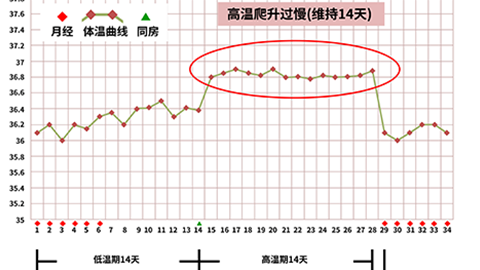Can you get pregnant during ovulation bleeding?
Generally speaking, whether pregnancy can occur during ovulation period bleeding depends on a comprehensive assessment of the nature of the bleeding, physical conditions, and disease factors. The detailed analysis is as follows:

If the bleeding during the ovulation period is physiological, characterized by minimal amount, short duration, and occasional occurrence, and the female's ovaries can normally release healthy eggs, the fallopian tubes are unobstructed, the endometrial thickness is appropriate, and the male's sperm quality is normal without other diseases affecting fertility, then it usually does not affect fertility, and normal pregnancy is generally possible.
If the bleeding during the ovulation period is pathological, caused by diseases such as endometrial polyps, uterine fibroids, or pelvic inflammatory disease, and is characterized by heavy bleeding, prolonged duration, or accompanied by abdominal pain and abnormal discharge, and there are issues such as ovulation disorders or fallopian tube blockage, this may interfere with the union of egg and sperm or affect the implantation of the fertilized egg, making it difficult to achieve successful pregnancy.
After experiencing bleeding during the ovulation period, one should observe the amount of bleeding, its duration, and any accompanying symptoms to distinguish between physiological and pathological causes. If pathological bleeding is suspected, timely medical consultation is necessary to identify the cause and provide treatment. Maintaining a regular routine, avoiding excessive fatigue, practicing good personal hygiene, and preventing infections are important during the preconception period. If conception is not achieved after a prolonged preconception period, it is recommended that both partners undergo medical evaluation to identify potential fertility-related factors.









